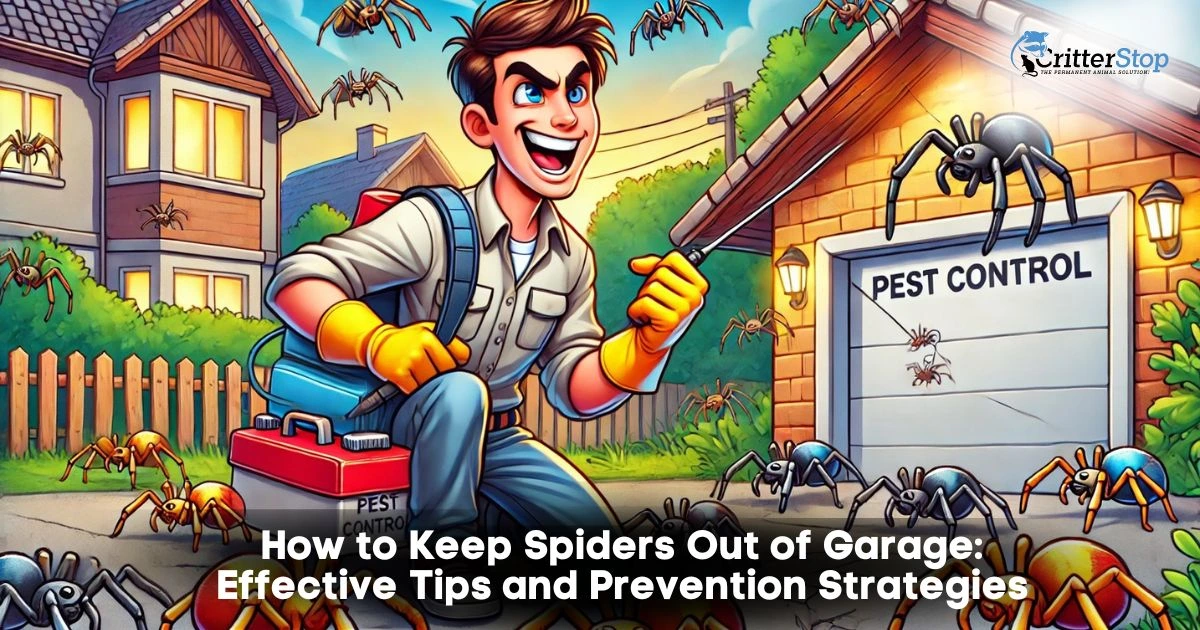
Many homeowners are concerned about keeping spiders out of their garages. Implementing simple strategies, from sealing entry points to maintaining cleanliness, can significantly reduce spider presence and create a more comfortable space. These methods are effective and easy to apply.
Preventing spiders from nesting requires a proactive approach. Regularly cleaning the garage and removing clutter deters spiders and makes it easier to spot them if they enter. Additionally, sealing cracks and gaps around doors and windows can keep these pests from finding their way inside.
Using natural repellents can further enhance effectiveness. Essential oils like peppermint or vinegar solutions can act as deterrents without the need for harsh chemicals. With these practical tips, anyone can enjoy a spider-free garage environment.

Spiders thrive in environments that offer shelter and food. Recognizing their habits can significantly help control their presence, especially in garages where they often seek refuge.
Spiders favor dark, undisturbed areas for establishing their webs and laying eggs. Common spots in garages include corners, beneath tools, and inside storage boxes.
These locations provide safety from predators and humans.
Spiders also need moisture. Leaky pipes, damp areas, or organic materials like leaves can attract them. Keeping garages organized and minimizing clutter is essential. Using storage containers with tight-fitting lids can deter spiders from setting up their homes.
Garages often contain various materials that support spider life. Standard items include cardboard, wood piles, and yard equipment, which serve as habitat and potential food sources.
Insects, such as flies or other pests, frequently populate these areas, offering an easy meal.
Moreover, garages are generally less frequented than living spaces, allowing spiders to thrive with minimal disturbance. Maintaining cleanliness and sealing cracks or gaps in walls and doors is crucial to reduce their attraction. Regularly inspecting and eliminating any insects can also help.
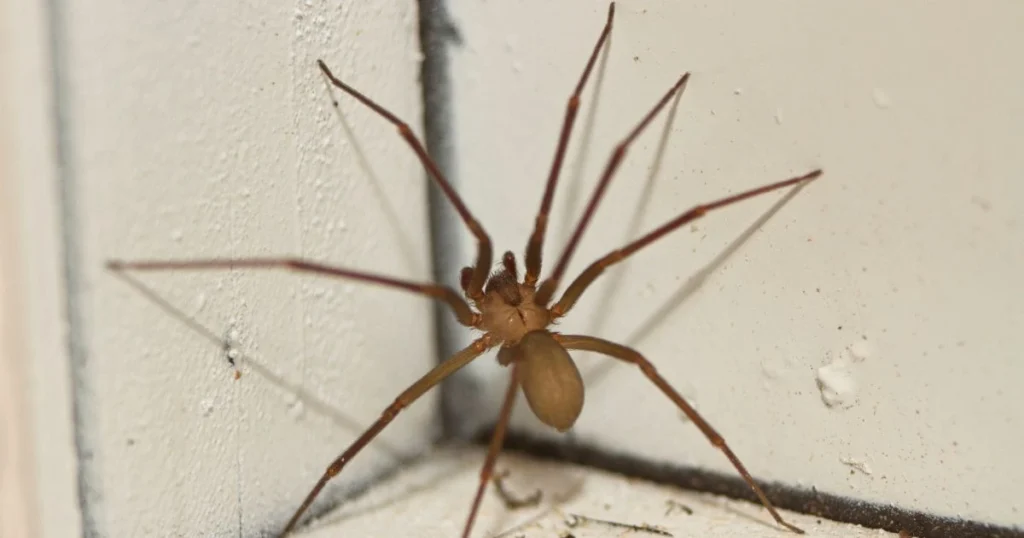
Implementing effective preventive measures can significantly reduce the presence of spiders in a garage. Simple strategies involving sealing entry points, maintaining cleanliness, and controlling insects can achieve a spider-free environment.
Sealing entry points is crucial for preventing spiders in the garage. Start by inspecting the garage for gaps and cracks in walls, doors, and windows. Common areas to check include:
Apply caulk or expandable foam to fill any visible cracks. Garage doors should also have sweeps to block gaps at the bottom. Pay special attention to utility lines and pipes entering the garage, as these can create additional entry points.
Regular cleaning can deter spiders from establishing a home in the garage. Begin by decluttering, as piles of items can attract insects and spiders. Follow these steps for effective cleaning:
Establish a cleaning routine, ideally monthly, to maintain a spider-free space. Consider using natural cleaning solutions, which often deter infestations without harsh chemicals.
Controlling insects and prey in the garage is essential, as they provide food for spiders. To minimize their presence, take the following actions:
Encourage natural predators by adding plants such as mint and lavender nearby, which can deter insects. By managing the insect population, the likelihood of attracting spiders decreases significantly.
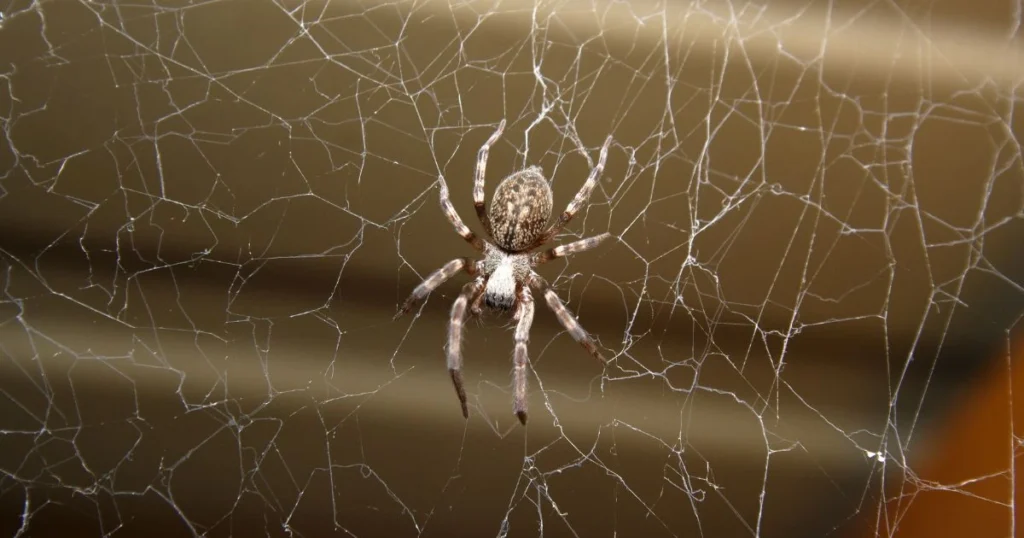
Utilizing natural repellents and solutions can effectively keep spiders out of the garage. Several options, including essential oils and DIY mixtures, can deter these pests without harmful chemicals.
Essential oils are potent natural repellents against spiders. Some effective oils include peppermint, tea tree, and lavender. These oils emit strong scents that spiders find unappealing.
Combine 15-20 drops of essential oil with water in a spray bottle. Shake well and spray around doorways, windows, and other entry points.
Moreover, herbs like rosemary and basil can serve as deterrents. Planting these herbs around the garage or using dried herbs in corners can help create a natural barrier against spider infestations.
Creating DIY spider repellents is simple and budget-friendly. One effective mixture involves combining vinegar and water in equal parts. This solution can be sprayed in areas where spiders are commonly seen.
Another option is using citrus peels. Spiders dislike the scent of citrus, and placing orange or lemon peels in corners or cracks can naturally deter them.
Saltwater is also a useful homemade remedy. Mixing salt in water and spraying it on spider-prone areas can help minimize their presence.
Combined with good garage maintenance, these methods can significantly reduce spider activity in the space.
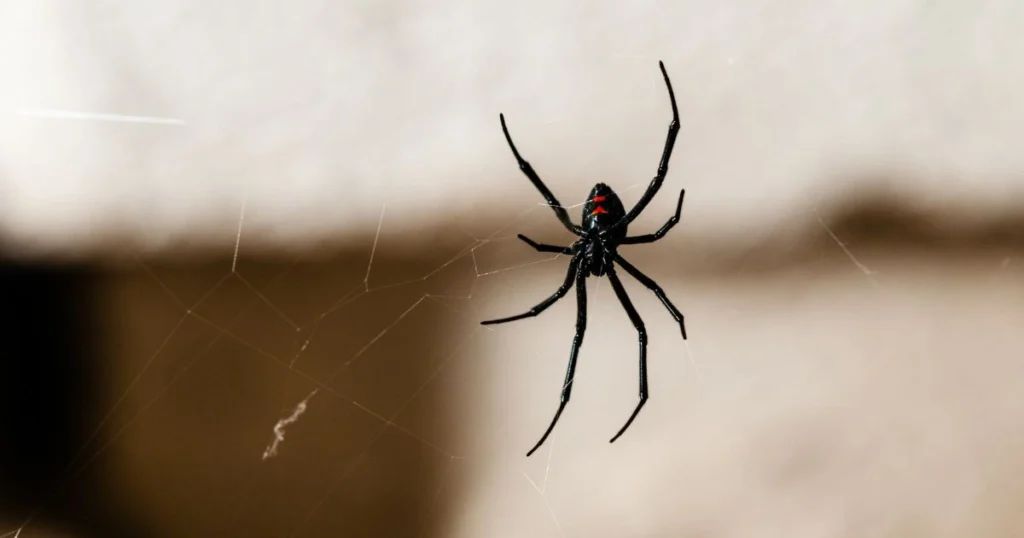
Chemical methods can be effective in keeping spiders out of the garage. Various commercial repellents are available, but handling them safely is crucial to prevent health risks.
Commercial spider repellents often contain active ingredients such as pyrethroids or essential oils. Pyrethroids affect insects' nervous systems, providing quick knockdown and long-lasting effects. Essential oils, like peppermint or tea tree oil, can deter spiders due to their strong scents.
These products are generally easy to apply. They come in spray bottles and are ready to use on garage surfaces. Users should follow the manufacturer's instructions regarding coverage areas and frequency of application.
To enhance effectiveness, ensure the garage is clean and free of webs before applying any repellent. This maximizes the repellent's effectiveness and reduces inviting conditions for spiders.
Safety is paramount when using chemical repellents. Before applying any product, wear gloves and a mask to protect against skin and respiratory irritation. It is advisable to apply these chemicals in the evening or early morning when spiders are more active.
Keep pets and children out of the treated area until it dries completely. Ventilation is important to reduce fumes; open windows and doors during and after application.
After using a chemical repellent, wash your hands thoroughly. If any product contacts the skin or eyes seek medical advice immediately. To prevent accidental exposure, always store chemicals in their original containers and out of reach of children.
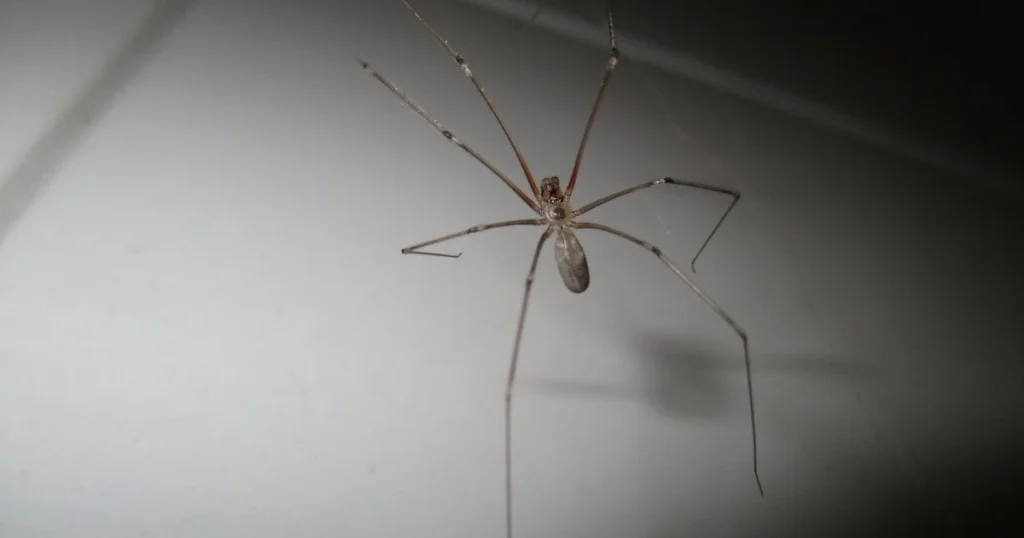
Keeping spiders out of vehicles is essential for maintaining a clean and comfortable environment. Regular cleaning and spider deterrents can significantly minimize the likelihood of these pests residing in a car.
Regular cleaning is crucial for keeping spiders out of your car. Start by vacuuming the interior and trunk compartments, paying special attention to corners and under seats. This removes crumbs, debris, and spider egg sacs.
In addition to cleaning, incorporating spider deterrents is effective in preventing infestations. Several methods can be employed to discourage spiders from entering the vehicle.
For those needing expert help, contacting Critter Stop is advisable. They have a fantastic reputation and customer reviews online for delivering high-quality work and exceptional customer service. A free inspection can help identify any underlying issues with wildlife or pest removal from the property. Call Critter Stop at (214) 234-2616 for assistance.
This section addresses common inquiries about keeping spiders out of garages and vehicles. Practical strategies and natural solutions will be outlined to assist in effective pest prevention.
Regular cleaning is essential to keeping spiders out of the garage. Vacuuming corners and removing clutter reduce potential hiding spots. Sealing any cracks or openings also minimizes entry points.
Keeping windows closed and parking in shaded areas helps deter spiders. Regularly vacuuming the interior eliminates webs and eggs. Using essential oils like peppermint can create an unpleasant environment for spiders.
Using natural deterrents such as vinegar or essential oils can be effective. Spraying a mixture of water and essential oils near entry points may deter them. Additionally, maintaining a tidy garage is crucial.
Blocking entry points with caulk is a practical approach. Installing screens on windows and ensuring doors close tightly can help. Regular sweeping and dusting also keep the area less inviting.
Implementing simple techniques like using citronella candles can be beneficial. Keeping the garage well-lit can deter spiders, as they prefer darker areas. Regularly pruning any plants near the garage may also help.
Thoroughly vacuuming car seats and carpets removes debris and potential eggs. Utilizing spider repellents made with natural ingredients can provide an additional layer of deterrence. Parking in well-lit areas also reduces risk.
Storing tools in sealed containers can help keep spiders at bay. Regularly organizing and cleaning the workspace minimizes hiding spots. Spraying water and vinegar around tools is also effective.
It is important to inspect the vehicle regularly for webs. Spider deterrents, such as sachets of essential oils, can be effective. Keeping the area around the parked car clean also reduces the likelihood of spiders.
Incorporating plants such as mint or lavender may deter spiders. Regular garage maintenance and cleaning create a sterile environment. Vinegar-based solutions can also act as natural repellents.
Creating homemade spider traps using jars and bait effectively captures them. Essential oil sprays can be made using peppermint or tea tree oil. Frequent cleaning routines deter spiders from settling in.
Sealing cracks and ensuring that all windows and doors close correctly is crucial. Reducing clutter and debris in the garage minimizes attractive hiding spots. Regularly cleaning fallen leaves outside the garage also helps.
It is crucial to keep the dashboard clean and free of crumbs. Natural repellents, such as essential oils, can deter spiders. Regularly checking for webs and removing them immediately helps maintain a spider-free environment.
Visit our Critter Library and learn more about our furry friends







